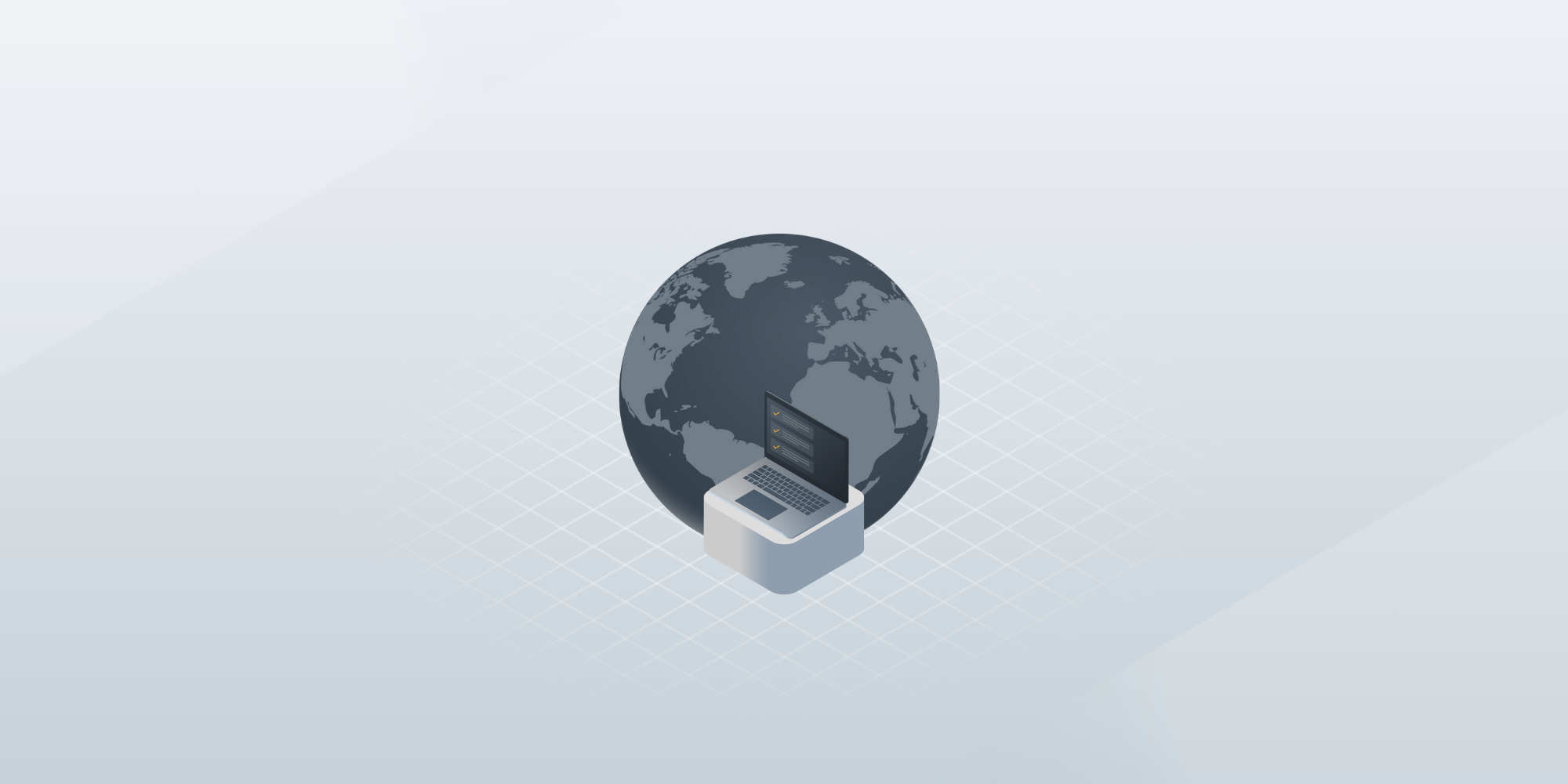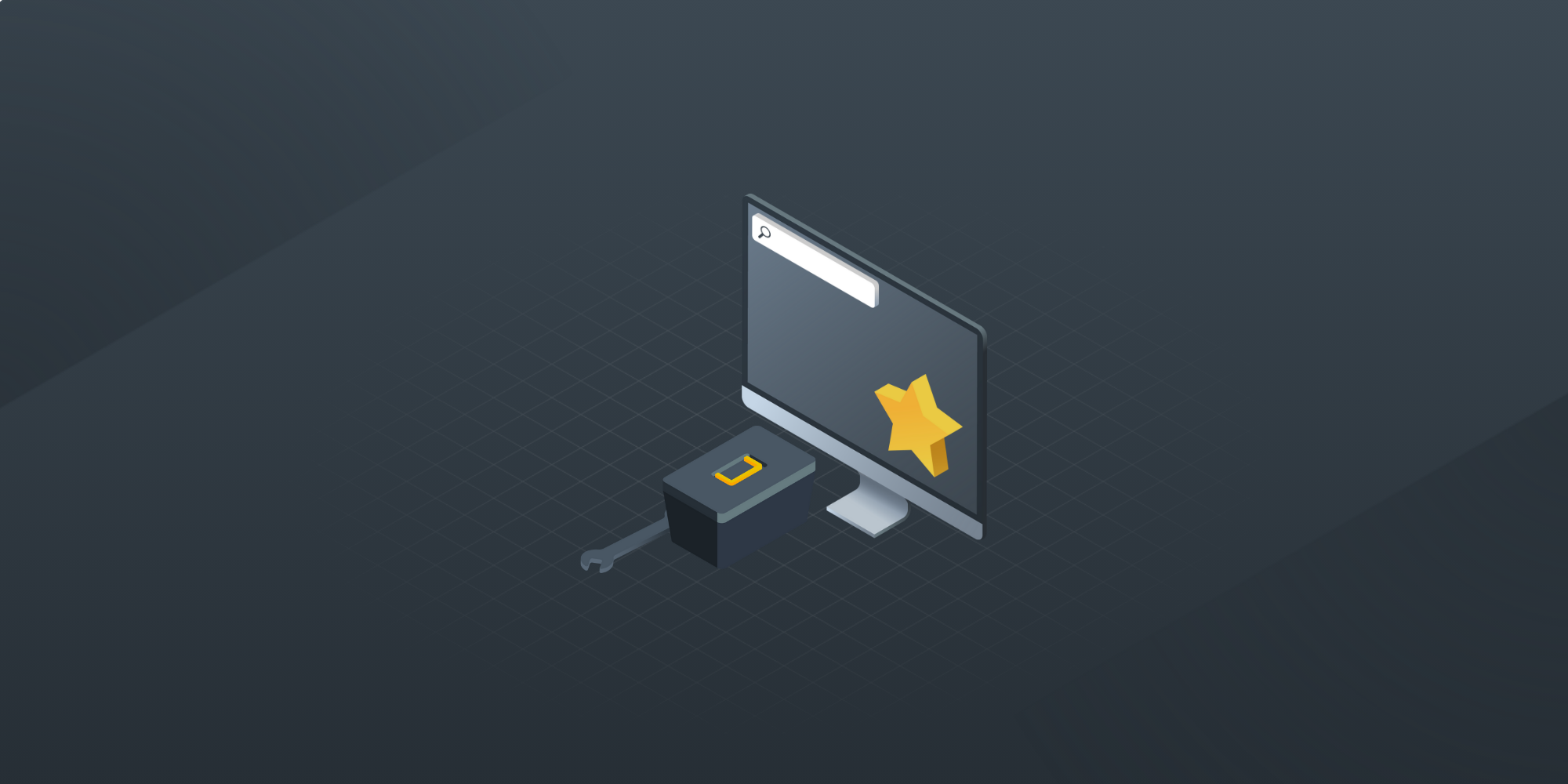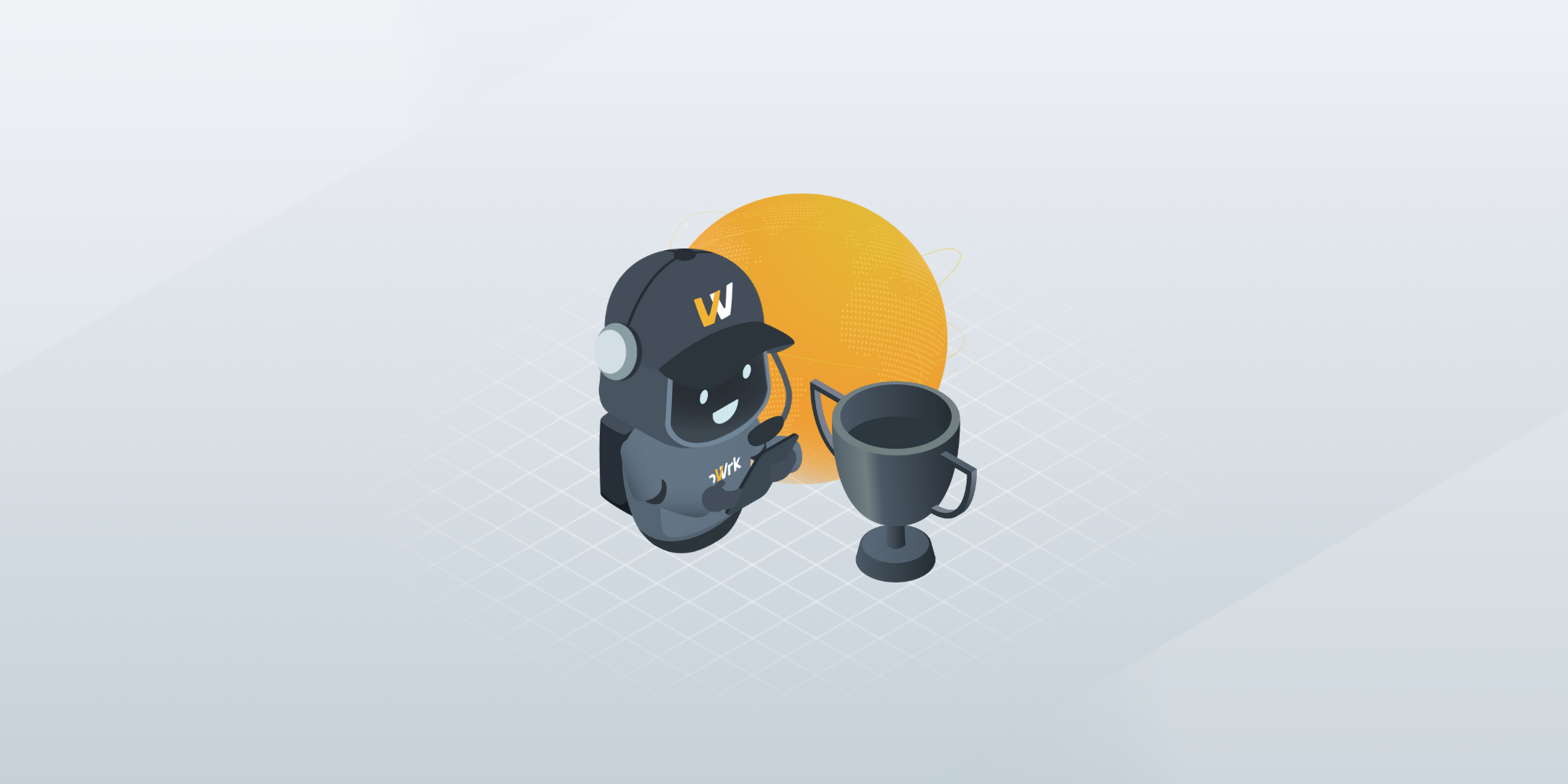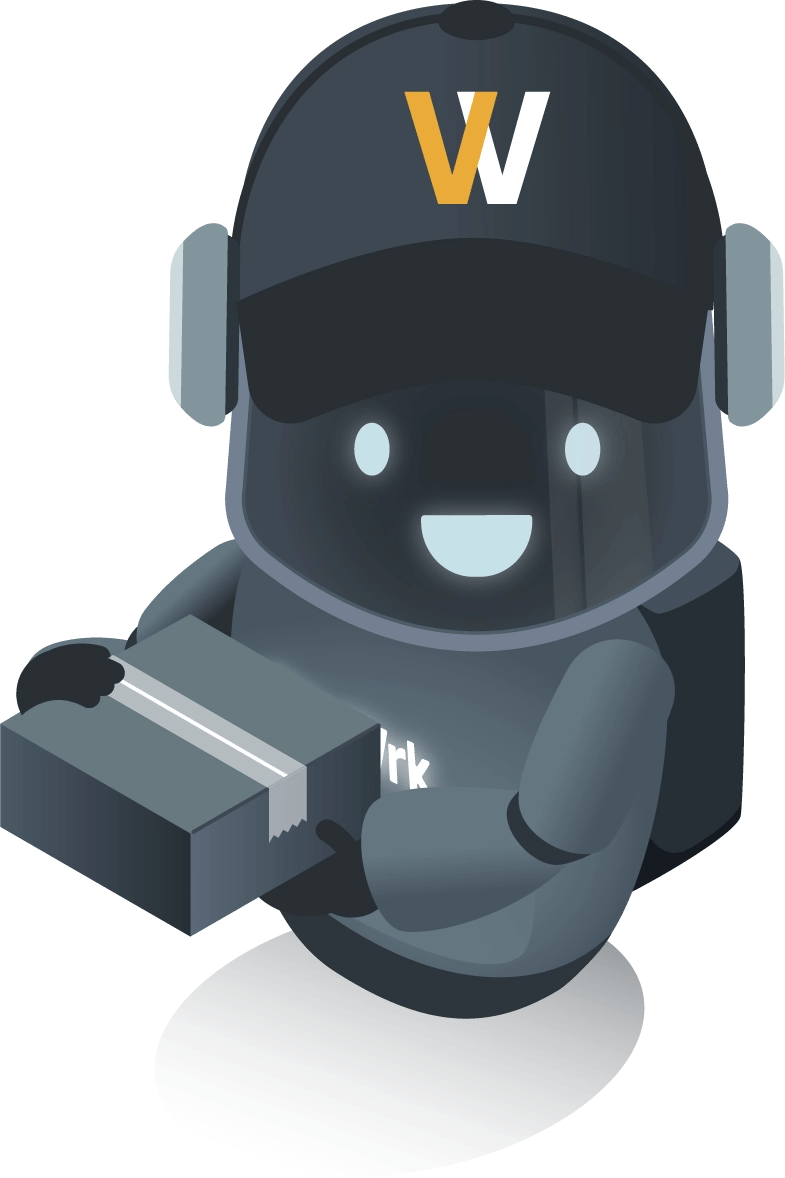Why we're building for the end of IT (as you know it)
 Carlos N. Escutia
Carlos N. Escutia
Ten years ago, I watched an IT manager spend three hours tracking down a laptop for a new hire who started that morning. The laptop existed somewhere in the building. The purchase order was approved. The employee was ready to work. Yet there they sat, waiting.
That moment stuck with me because it represented everything broken about enterprise IT: reactive, manual, and visible for all the wrong reasons.
Today at GroWrk, we're building for a different future—one where IT becomes so seamless that it practically disappears. Not because it's less important, but because it finally works the way it should have all along.
The ticket queue is dead (we just haven't buried it yet)

Let's be honest: nobody dreams of managing IT tickets. Not the employees submitting them, not the teams resolving them, and certainly not the executives wondering why onboarding still takes two weeks.
The ticket-driven model made sense when IT was about fixing things that broke. But modern IT isn't just about repair, it's about enabling work to happen anywhere, instantly, securely. You can't ticket your way to that future.
What we're seeing with our most innovative customers is a fundamental shift: from reactive tickets to proactive policies. When someone joins your São Paulo sales team, the system already knows what they need, where to get it, and how to deliver it. No tickets. No delays. Just outcomes.
Seven bets we're making on IT's future

After working with hundreds of companies managing distributed teams, we've identified seven transformations that separate tomorrow's IT leaders from today's ticket processors:
1. Intent over process
Instead of following 20-step procurement workflows, you'll simply state what you need: "MacBook Air for our new designer in Berlin, starting Monday." The system handles the rest: vendor selection, customs, configuration, and delivery. We're already doing this for companies in 150+ countries through our global marketplace.
2. Reuse as the default
Every laptop sitting in storage is a waste of money and an unnecessary emission of carbon. Companies that win on both cost and sustainability have flipped the script: redeployment is the default, and new purchases are the exception. Our data shows companies can cut device costs by 40% just by getting serious about reuse.
3. Borderless compliance
Your teams in India and Germany have different e-waste requirements. Your data protection obligations in California differ from those in Singapore. Tomorrow's IT doesn't just acknowledge these differences; it automatically adapts to them. This is why we've built local operations in every major market, not just distribution centers.
4. AI that actually does things
Everyone talks about AI. Most of it involves chatbots that still generate tickets. We're building something different: AI that predicts device failures before they happen, automatically ships replacements, schedules retrievals, and documents everything for compliance. Our Copilot doesn't just suggest actions, it takes them.
5. Lean, not sprawling
You don't need 15 tools to manage IT for a 200-person company. You need identity management, device management, and something to orchestrate the lifecycle. Everything else is overhead. We've designed GroWrk to be that orchestration layer—powerful enough to handle complexity, yet simple enough to implement in weeks, not months.
6. Evidence over promises
"Trust us, we're secure" doesn't work anymore. Auditors want logs. Customers want certifications. Boards want metrics. Tomorrow's IT platforms don't just manage devices; they create an immutable record of every touch, every wipe, every disposal. This isn't about compliance theater; it's about building trust through transparency.
7. Sustainability that's measurable
Every company claims to care about sustainability. Few can accurately determine the carbon footprint of their IT operations. We're changing that by tracking not just what you buy, but also what you reuse, how you dispose of it, and the carbon saved at each step. Real numbers, not marketing promises.
What this means for IT leaders

If you're running IT today, you have a choice. You can continue to optimize the ticket queue, making incremental improvements to a fundamentally flawed model. Or you can start building for invisibility.
Here's what the forward-thinking IT leaders we work with are doing right now:
They're documenting policies, not procedures. Instead of writing guides for how to submit tickets, they're defining what should happen automatically when someone joins, moves, or leaves.
They're measuring different metrics. Time-to-productivity for new hires matters more than ticket resolution time. Device utilization beats procurement speed. Carbon saved trumps tickets closed.
They're investing in integration, not isolation. Their HR systems talk to IT. Their IT talks to finance. Everything flows without human middleware.
They're choosing partners, not vendors. They want providers who can handle the full lifecycle, procurement, deployment, management, retrieval, and disposal, not just one piece.
The path forward

At GroWrk, we're not just talking about this future; we're building it. Every feature we ship, every market we enter, every partnership we form is guided by this vision of invisible IT.
We're already seeing the results with our customers:
- 75% reduction in device-related tickets
- 90% faster employee onboarding
- 40% lower total device costs
- 100% compliance in every operating country
But we're just getting started.
An invitation
If you're tired of IT being visible for all the wrong reasons—delays, tickets, and friction—let's talk. We'll show you what invisible IT looks like for your specific situation: your countries, your tools, your challenges.
The future of IT isn't about doing more with less. It's about doing everything with nothing visible to the end user. That's not just efficient, it's transformative.
Because when IT becomes invisible, work becomes limitless.
Ready to see what invisible feels like?
Book a demo with our team, and let's build your path to invisible IT.






